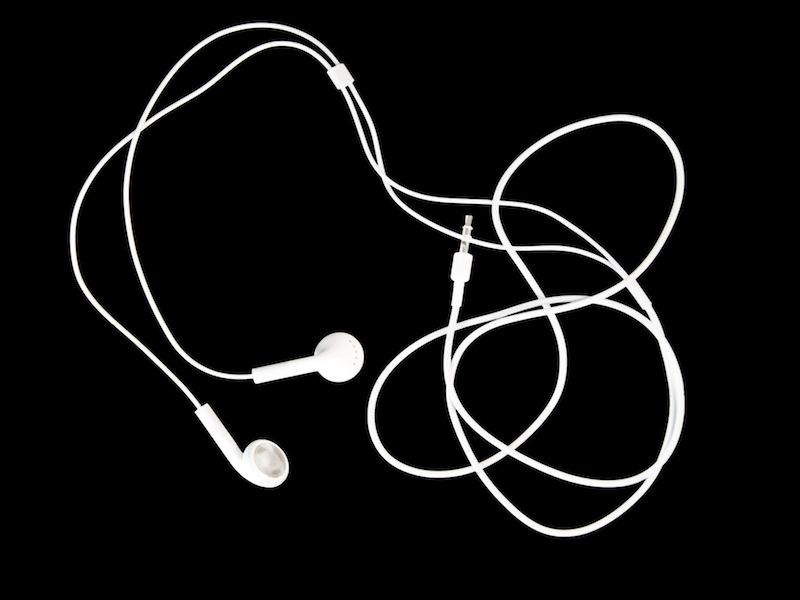
If you haven’t had your hearing examined since your grade school days, you’re not alone. It isn’t commonly part of a routine adult physical and sadly, we tend to treat hearing reactively instead of proactively. As a matter of fact, even when they realize they have hearing loss, the majority of people disregard it for up to seven years which can severely affect your health. In fact, untreated loss of hearing has been proven to raise your healthcare costs in the long run.
The good news, hearing exams are easy, pain-free, and give a wealth of facts for our professionals to assist you, both for diagnosing hearing concerns and evaluating whether interventions like hearing aids are working. When you were a child, you may remember the audiometry test from school, but a full hearing exam will give you a clearer understanding of your hearing without a sticker or a lollipop.
It’s essential that you routinely get your hearing tested even though you may not typically give your hearing as much consideration as your teeth or eyes. You may not recognize a problem with your hearing for a long time. Because hearing loss usually takes place slowly over time it’s not easy to detect it at first, but the sooner you can, the more likely you will be able to effectively deal with it.
When Should You Get Examined?
Usually the hospital will test babies for hearing loss before they release them. Teenagers should be screened during routine checkups with their doctors and children should get formal hearing assessments at the ages of 4, 5, 6, 8 and 10 years old according to The American Academy of Pediatrics.
It’s suggested that if you are in between the ages of 18 and 49, you have your hearing examined every five years and then, as you age, more frequently. After you turn 60 you need to be examined every two years and if you are between 46 and 60 every three years. But you might need to get checked more frequently. Your unique circumstances will determine when you need to be an exam. If you notice your hearing isn’t as good as it once was, you should have it examined immediately. Several health concerns are associated with untreated hearing loss, like increased risk of falling, cognitive decline, and depression. Your capacity to work efficiently and your relationships can also be impacted.
And you should have a hearing test, in some situations, as soon as possible if you have hearing loss that is getting worse quickly. An immediate hearing test is advisable if:
- There is earwax buildup or you had an ear infection
- It is difficult to pinpoint where sounds are coming from
- You are experiencing vertigo
- Asking people to repeat themselves is something you have to do constantly
- You are experiencing a constant ringing in your ears
- You are unable to hear conversations, particularly when in crowded areas
Whether you are at risk of hearing loss is another factor. As an example, if hearing loss runs in your family or you are subjected to loud noises regularly you should get your hearing examined more frequently.
There are also over 200 ototoxic medications. These drugs can be quite harmful for your hearing and they range from some antibiotics to aspirin. Check with your doctor to make sure any medicines you are taking aren’t affecting your hearing. Consider having your hearing tested more often in order to address any hearing loss immediately if you are taking any ototoxic medications.
Also, think about your habits and whether they may contribute to hearing loss. Constantly using your earbuds? Hearing loss has significantly increased in younger people, and many experts believe that this is because of the use of headphones and earbuds. Loud concerts, shows, or machinery can also do appreciable damage to your hearing. Schedule your hearing test today if it’s time for you to have your hearing examined.